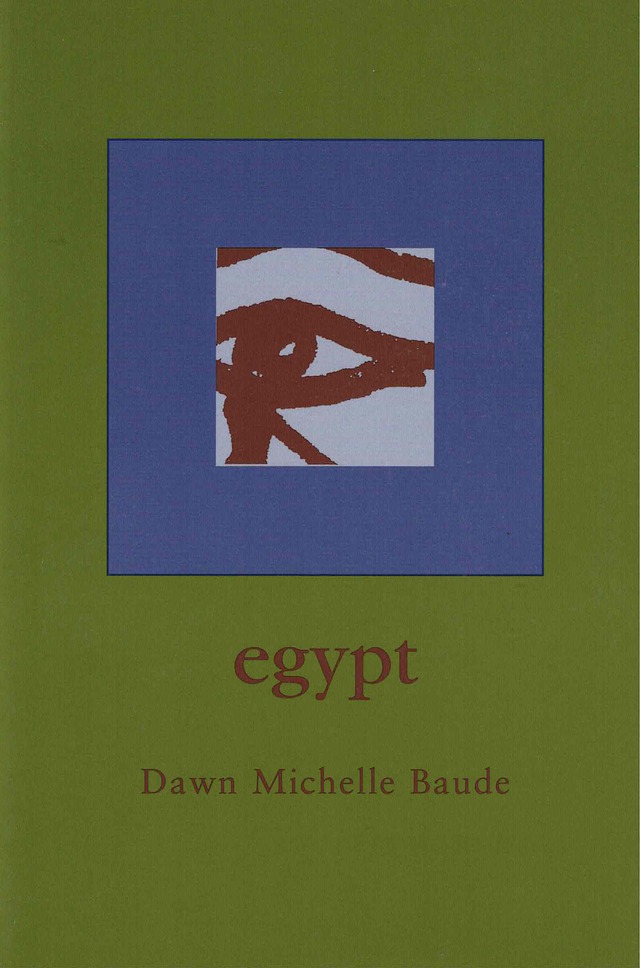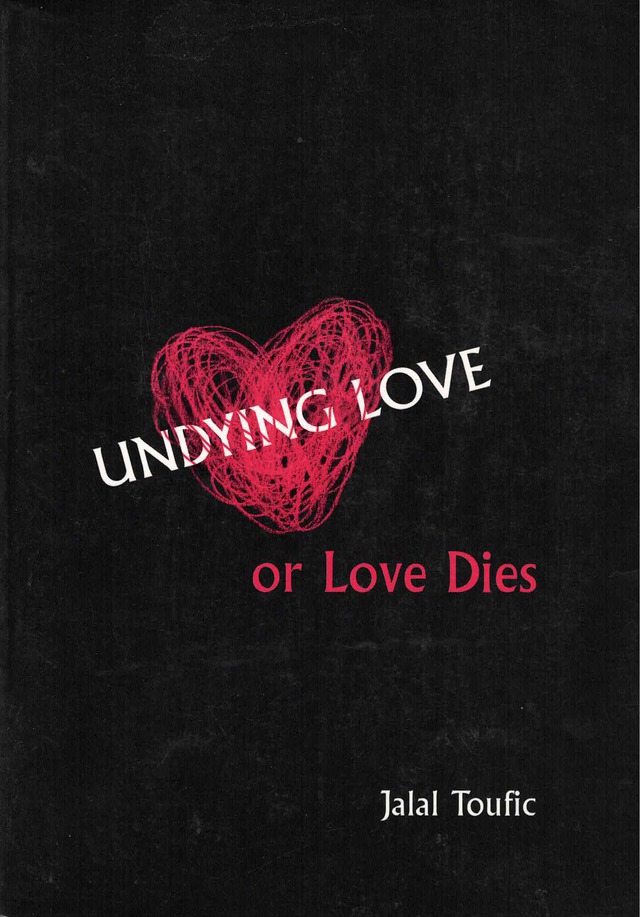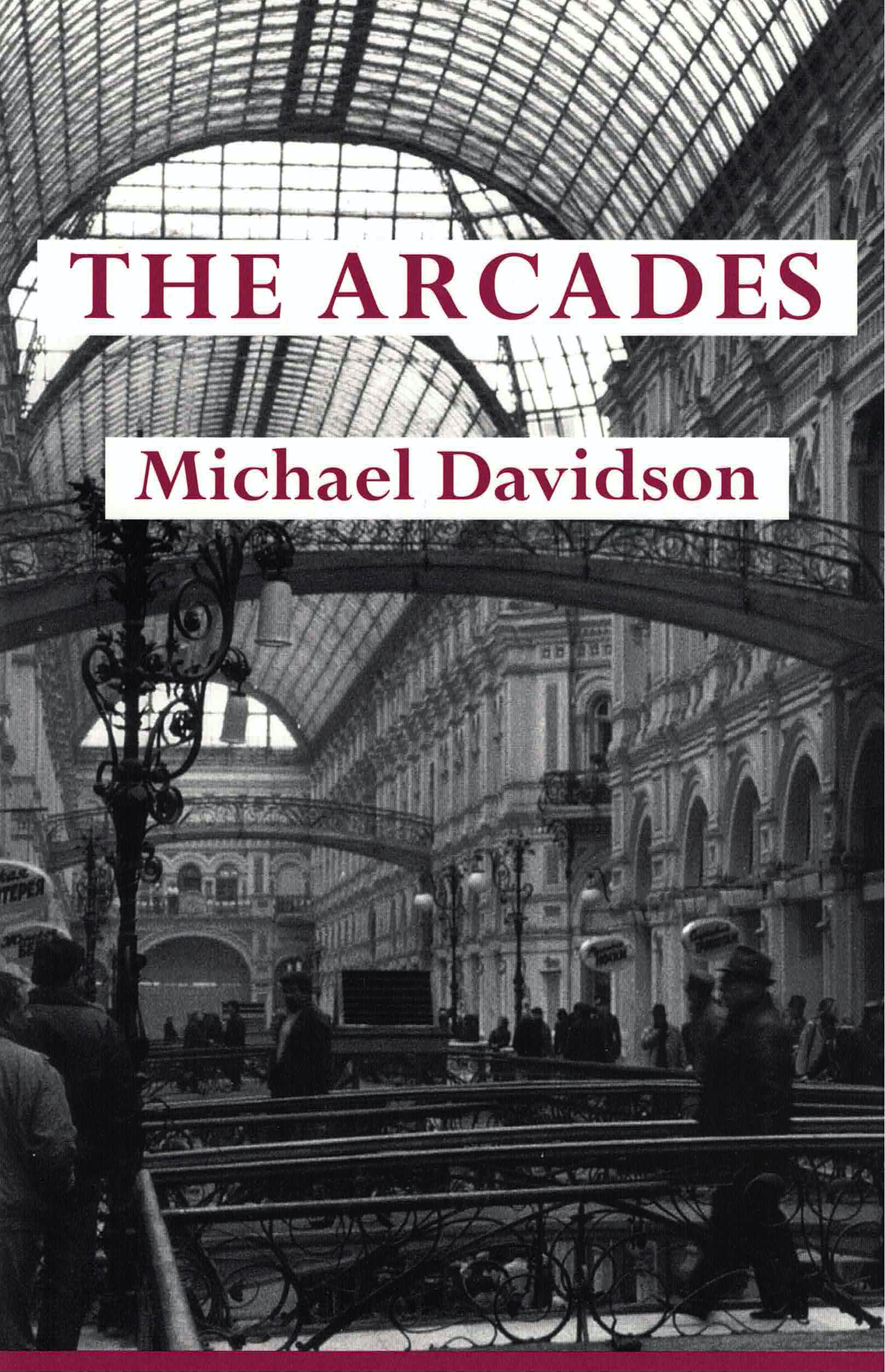egypt is is the result of the year that Dawn-Michelle Baude spent at the Karnak Temple in Luxor. In 1993-94, she was an associate of the Villa Médicis Hors Les Murs, which allowed her to complete this site-specific work of poetry. In egypt, Dawn-Michelle Baude marries autobiography and epic, lyric and concrete poetry, to find the contours of what may be perceived about a place, a person, or a culture, by sketching what is lost in the translation of languages, cultures, and time.
Dawn-Michelle Baude
Praise for egypt
Deploying a poetics of field and fragment, Dawn-Michelle Baude explores the at-once fugitive and urgent nature of encounter. An exploratory lyricism investigates the trace and the remnant, the immediate and the undisclosed. The yield is a papyrus (an “egypt”) of tones and microtones, colors and shadings, angles and dissolves for eye and ear.
— Michael Palmer
In Dawn-Michelle Baude’s egypt the poems are glyphs in a desert… and the shapes of the poems are tangible, as the poems say the intangible. Fragmented in the sense of seeming broken by time (not, as more commonly intended, to suggest the piece-i-ness of contemporary life) they are intensely objectified, and surprisingly mysterious.
— Alice Notley
Dawn-Michelle Baude’s new collection is not so much a collection as a continuum of three long poems named after three cities: Qurna, Petalli, and Saqqara. The poems operate in space much like documents of antiquity; they are not “whole” in a traditional sense of the word, but rather figure wholeness by their fragmentation.
— Rebecca Weaver, Rain Taxi
“[R]eceive the mouth / make ready / the eyes” — so Dawn-Michelle Baude’s writing in egypt delineates a world in which the word becomes a body of sound shaped on a page that is itself an arrangement of letters (and the white of space beyond them) from which sound becomes perception (echo) and, in its aftermath, thought. To read egypt is to enter an ancient world “older than the word we had for it,” a place of (life) events as present here as one’s actual life, whose “name knows us, / questions me.”
— Stephen Ratcliffe





egypt finds its gusto in the poet’s ear for musical combinations of language with, which piece together an outsider’s view of its eponymous land. Words appear in visual schema comparable to the steps pyramids of Saqqara or the partially destroyed papyri of Sappho.
— Publishers Weekly